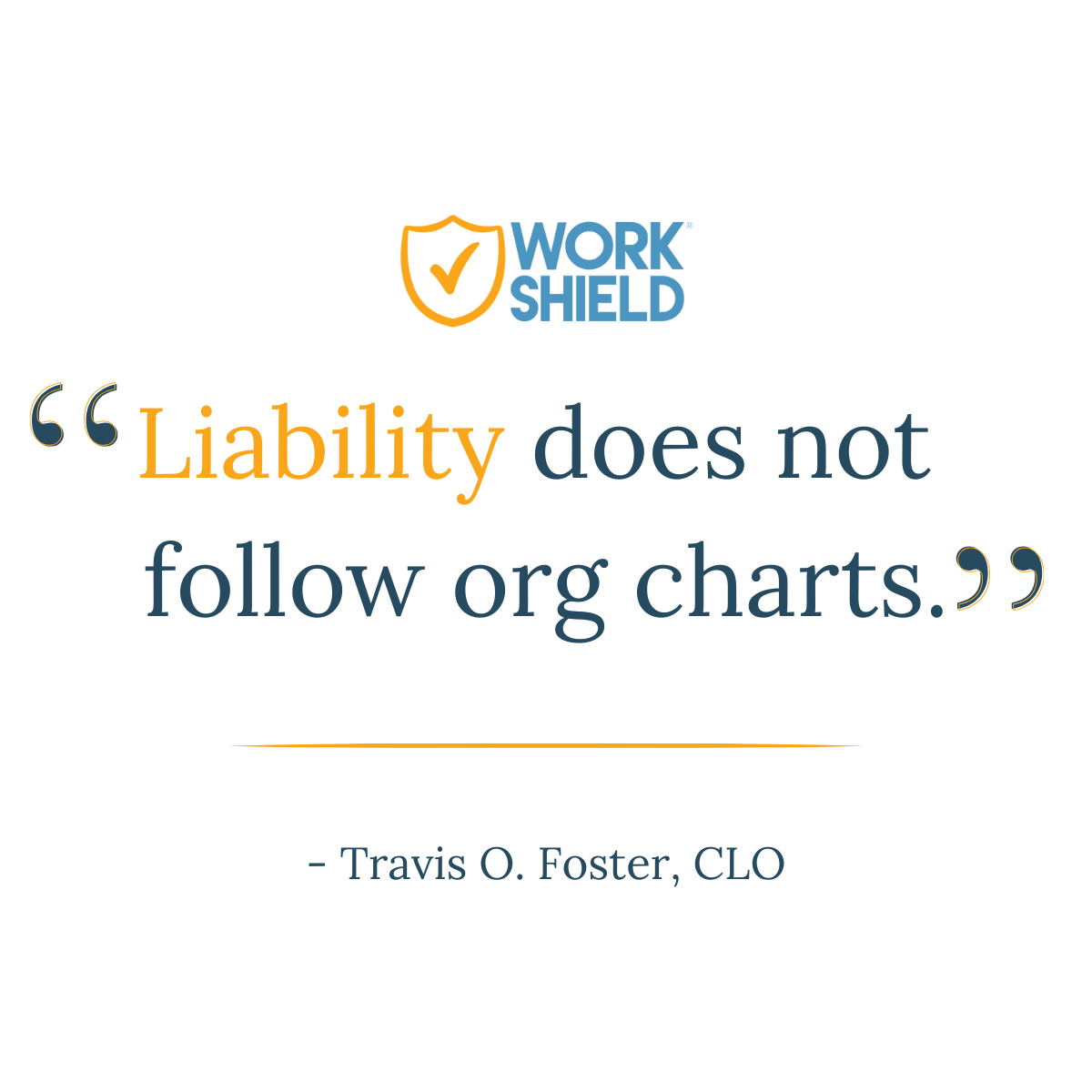The damaging effects of workplace bullying are alarming and can impact business morale and productivity. In fact, two-thirds of bullying victims walk away from their position to escape workplace bullying. In a recent blog, we shared signs of workplace bullying, and now, in light of National Bullying Prevention Month, we’re exploring the impact of workplace bullying and how to mitigate it in the traditional workspace and remote setting.
How Bullying Contributes to Workplace Toxicity
A survey conducted by the Workplace Bullying Institute shows that nearly 20% of workers in the United States are victims of workplace bullying, and 19% of employees witness bullying. Whether you’re the target of bullying at work or a witness to the behavior, the risks are serious and the disturbance to company culture is bad for business.
There are many major health risks that come from workplace bullying. For example, it can contribute to conditions like lower self-esteem, depression and post-traumatic stress disorder.
Business risks include:
- Reduced productivity
- Hostile work environment
- Higher absenteeism rate
- Increased risk of legal action and costs
- Poor public image and reputation
- Increased use of sick leave, health care claims, and employee turnover
- Additional costs to recruit and train new employees
Tips to Mitigate Bullying in a Traditional and Remote Workplace
Since most workplace bullying starts at the top of an organization, employers should consider offering training for managers, supervisors and other authority figures. Along with training initiatives, it’s vital that employees know how to report an incident and feel confident and comfortable in doing so. Studies show that about 60% of misconduct in the workplace is never reported. Training and reporting protocol will help combat workplace bullying, but it’s also imperative to create a work environment that cultivates teamwork and positive interaction. This holds true for remote and hybrid work environments as well.
Research shows that remote work poses a greater danger of workplace bullying, with a 43.2% bullying rate. This is because virtual work conditions create an isolated space where bullying is harder to detect. Miscommunication is heightened in an isolated environment where email, which can be easily misinterpreted, is the main communication method. To prevent remote workplace bullying, employers should keep in touch with team members via formal scheduled check-in meetings and short informal social catchups, where employees have the freedom to express issues they are coping with in the workplace.
Workplace bullying has significant impacts on employee health, organizational culture and business outcomes, so it’s important that employers take steps to prevent the behavior and respond appropriately to all bullying claims. Work Shield’s solution ensures that employees’ voices are heard and serves as a complete solution for investigating and resolving organizational misconduct, like bullying. To learn more about Work Shield, please contact us here.
About Travis Foster
Travis heads up Work Shield’s legal department and is known to be something of a jack of all trades – he is an experienced entrepreneur, as well as an attorney with a mechanical engineering background who designed and managed projects in both the energy and public utilities industries. Travis also contributes his wealth of capital knowledge and growth strategies for businesses to the Work Shield team.
Follow him on LinkedIn.





